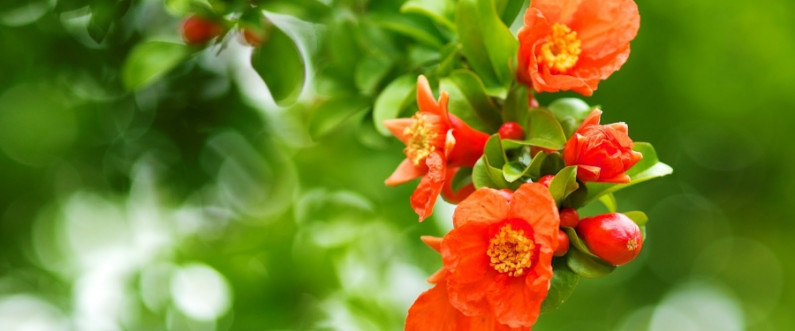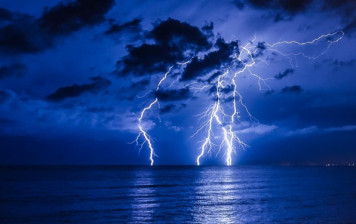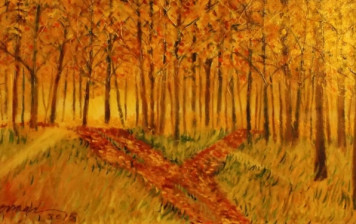
Dr. Ihsan Yilmaz
Gulen has been defined as nationalist but when analyzed in detail it will be seen that he cannot be a nationalist for various reasons. First of all, as an observant Muslim, he can only be a patriot and love his people but this cannot be to the exclusion of others. Secondly, he has followers and sympathizers all over the world, including many Kurds in Turkey. A nationalist stance would deter all these people. Third, one of his intellectual predecessors, Said Nursi, was a Kurd and Gulen has Kurdish friends in his close circle. Overwhelming majority of Gulen’s close friends is from Western Anatolia, a region that is not known for its strong nationalist sentiments unlike several inner Anatolian cities. Last but not the least, whenever Gulen talks positively about Turks, he makes clear that the main reason of his respect is Turks’ heroic service to the cause of Islam. Any nation that fares better will be appreciated by Gulen as he appreciates and admires past successful eras of several non-Turkish Muslim individuals and nations such as Abbasids and so on.
Source: Yilmaz, Ihsan. 2011. “Beyond Post-Islamism: Transformation of Turkish Islamism Toward ‘Civil Islam’ and Its Potential Influence in the Muslim World,” European Journal of Economic and Political Studies, Vol. 4, No. 1, pp. 260-61.
Tags: Fethullah Gulen | Fethullah Gülen's philosophy |Related Articles

Top Three Reasons Why Turkey’s President Erdogan is Obsessed with Gulen
Why is the president of a country of 75 million so obsessed with pursuing a retired preacher who has been living in the U.S. since 1999? There are…

Gülen vs Erdoğan – two diverging interpretations and practices of Islam
The medieval-minded Islamists divided the world into two sharply distinguished parts — Islamic caliphate vs. un-Islamic countries, including the democratic states. They coined the terminologies like “Dar al-Kufr”…

How does Fethullah Gülen view suicide bombings?
No one can be a suicide bomber. No one can rush into crowds with bombs tied to his or her body. Regardless of the religion of these crowds,…
